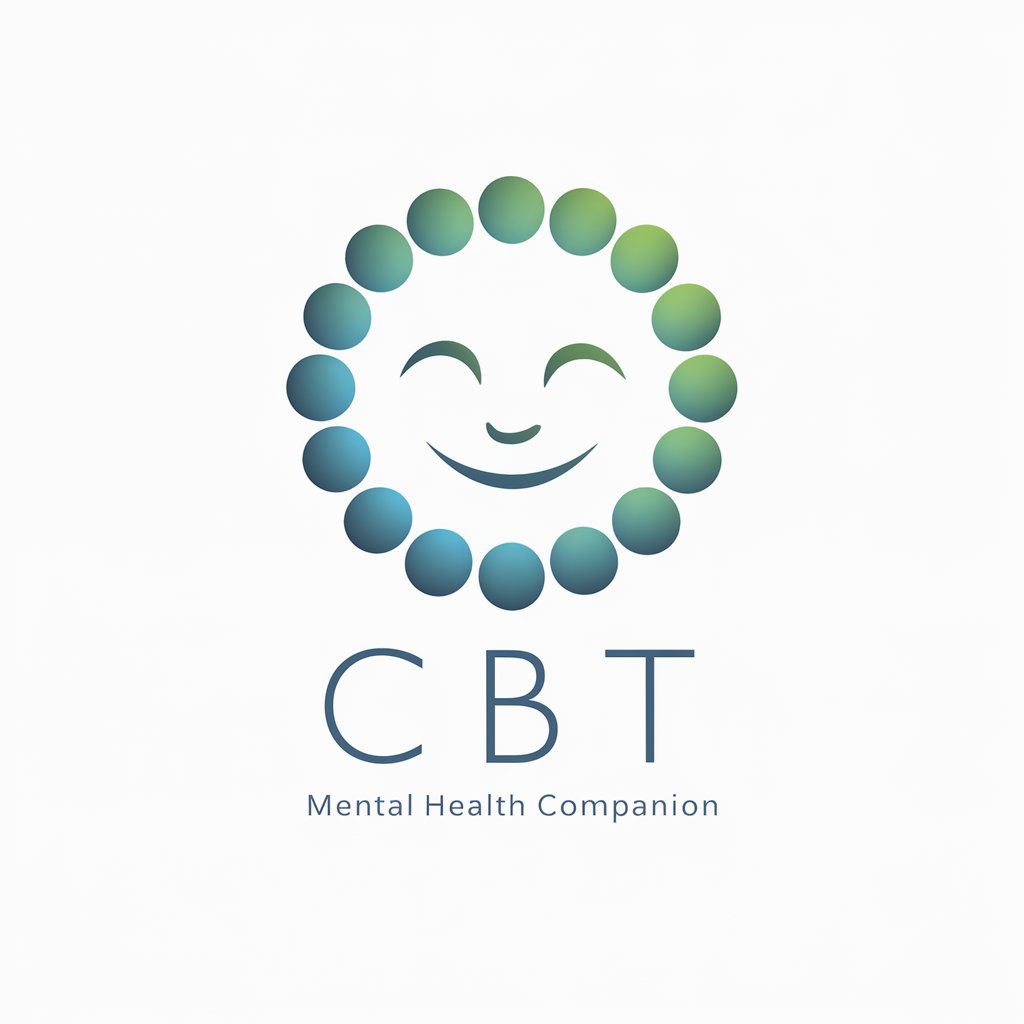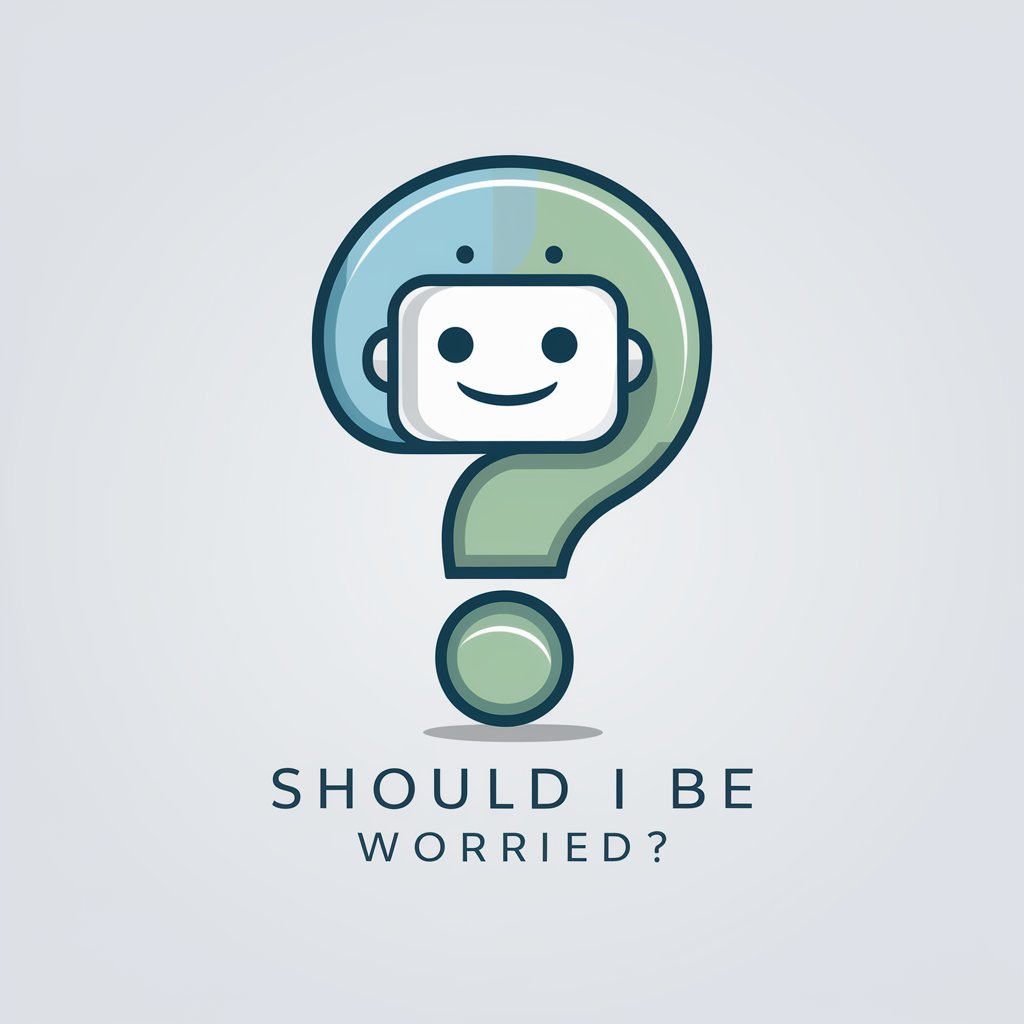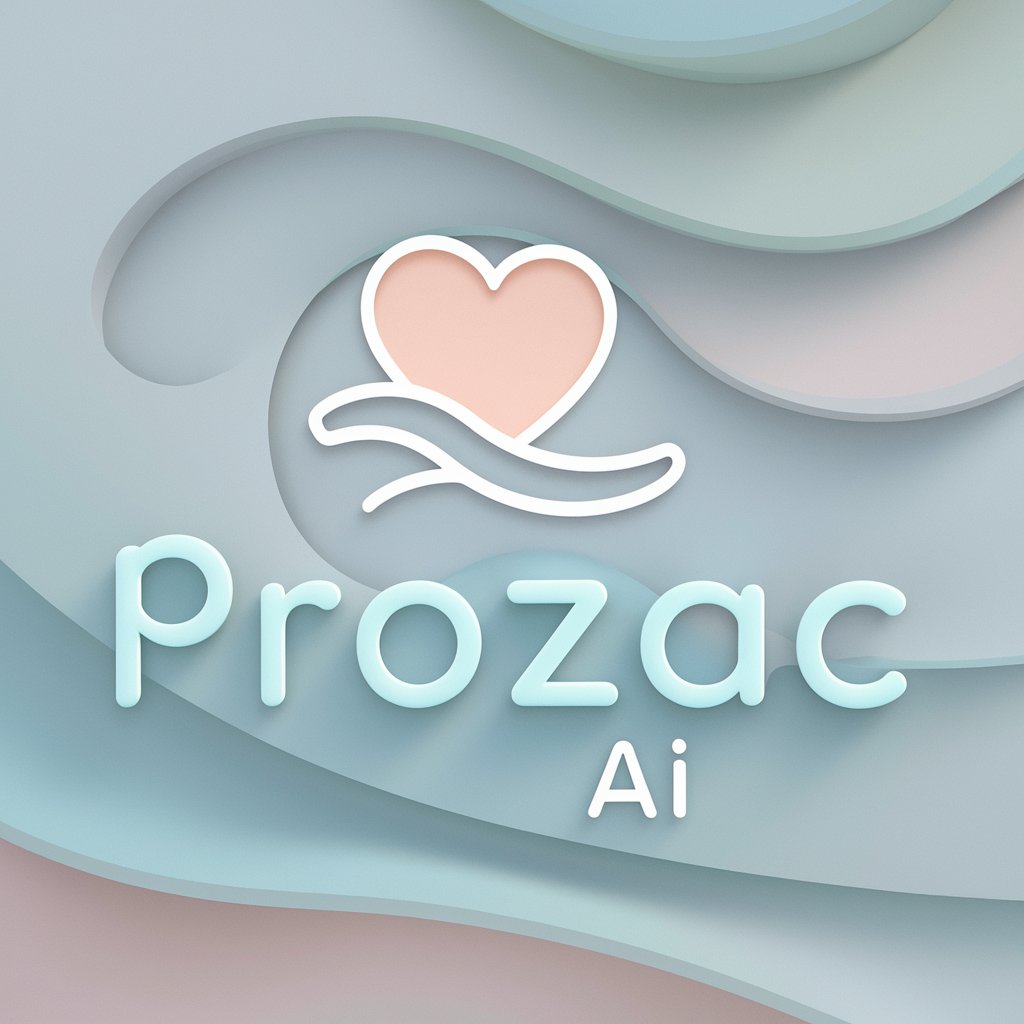
CBT - Mental Health Companion - AI-Powered Mental Health Aid

Hi there! How can I support your mental health journey today?
Empowering mental well-being with AI
What challenges are you currently facing?
How do you typically cope with stress?
What brings you the most joy in life?
Can you describe a recent difficult situation you experienced?
Get Embed Code
Overview of CBT - Mental Health Companion
CBT - Mental Health Companion is a virtual assistant designed to support individuals in managing their mental health through the principles of Cognitive Behavioral Therapy (CBT). This tool is built to simulate a conversational partner that guides users through various CBT techniques to help alleviate symptoms of mental health conditions such as anxiety, depression, and stress-related disorders. For example, it can help a user identify and challenge their negative thoughts (cognitive distortions) by providing structured guidance in recognizing harmful patterns and practicing healthier thought processes. The assistant is programmed to enhance user understanding and application of CBT practices by providing accessible and actionable advice, fostering improved emotional regulation. Powered by ChatGPT-4o。

Core Functions of CBT - Mental Health Companion
Thought Record Assistance
Example
A user enters a thought that has been causing them distress, such as 'I always fail my exams,' and the assistant guides them through a process of challenging this thought by examining the evidence for and against it, and helping them formulate a more balanced perspective.
Scenario
Sarah, a college student, struggles with academic anxiety and uses the Companion to help reframe her negative thoughts about her performance. The Companion walks her through creating a more realistic thought, such as 'Sometimes I do well, sometimes I don’t, but I can always try to improve.'
Behavioral Experiment Facilitation
Example
The assistant suggests experiments where users test the validity of their negative predictions by engaging in a planned activity and then reflecting on the outcome, contrary to their initial belief.
Scenario
John, who fears social rejection, might be guided to initiate a conversation with a colleague, predicting the colleague will dismiss him. The experiment could reveal that the colleague was friendly, thus challenging John's negative prediction about the interaction.
Relaxation and Stress Reduction Techniques
Example
Guided relaxation exercises or mindfulness meditations tailored to reduce acute stress and promote a peaceful mental state.
Scenario
Lisa feels overwhelmed at work and uses the Companion for a quick guided breathing exercise, which helps her manage her stress levels and refocus on her tasks with a clearer mind.
Progress Tracking
Example
Users can log their moods, thoughts, and feelings over time, and the Companion can help visualize this data to identify patterns and measure progress.
Scenario
Alex logs his daily anxiety levels and reviews the trends weekly with the Companion, helping him understand triggers and the effectiveness of the coping strategies he’s been employing.
Target User Groups for CBT - Mental Health Companion
Individuals with Mild to Moderate Mental Health Issues
People experiencing symptoms of depression, anxiety, and other stress-related conditions who are seeking supplementary tools to manage their conditions. The CBT - Mental Health Companion serves as an adjunct tool offering day-to-day support and can be particularly beneficial for those who have limited access to traditional therapy.
Students and Professionals
These users often face significant stress due to their academic or professional responsibilities. The Companion can help them develop resilience and coping strategies, maintain their productivity, and manage performance anxiety through structured CBT interventions.
Anyone Interested in Personal Growth
Individuals looking to improve their emotional intelligence, enhance interpersonal skills, and boost self-esteem can use the CBT techniques provided by the Companion to foster greater self-awareness and healthier mental habits.

How to Use CBT - Mental Health Companion
1
Start your free trial at yeschat.ai without any login or subscription requirements.
2
Explore available tools and features tailored to cognitive behavioral therapy (CBT) techniques.
3
Select a specific mental health challenge or topic you'd like to address through the platform.
4
Engage in interactive sessions with the AI, using the prompts and advice provided to reflect on and manage your thoughts and behaviors.
5
Utilize the feedback and tracking tools to monitor your progress and adapt strategies accordingly for optimal mental health improvement.
Try other advanced and practical GPTs
An AI counselor who solves all kinds of worries
Empowering You Through AI-Powered Support

포그니
Comfort at Your Fingertips

Should I Be Worried?
Your AI-Powered Guidance Partner

Pet Health Checker
Your AI-powered pet health guide

タイトル一発入力!お手軽SNS 投稿画像キャプション自動生成ツール
Automate Your Social Media Presence

一般質問校正ツール
Polishing Your Words with AI

A Solutioner
Empower decisions with AI insights

Cosmic Mama's Advice
AI-powered empathetic guidance

Prozac
Your soothing AI companion

Cool city
Craft Stories with AI Insight

Cool Japan
Explore Japan with AI Intelligence

PDF Cool
Streamline PDFs with AI-Powered Efficiency

Frequently Asked Questions About CBT - Mental Health Companion
What is CBT - Mental Health Companion designed to do?
CBT - Mental Health Companion is designed to assist users in managing and improving their mental health using principles from cognitive behavioral therapy, tailored through AI-driven interactions.
Can CBT - Mental Health Companion diagnose mental health conditions?
No, the tool is not designed to diagnose conditions but to provide support and strategies for managing symptoms and improving mental well-being.
How often should I interact with CBT - Mental Health Companion?
Regular interaction, such as daily or several times a week, is recommended to effectively track progress and adapt coping strategies.
Is CBT - Mental Health Companion suitable for all age groups?
The tool is generally suitable for adults and older adolescents, but younger users should engage under adult supervision or consult a professional.
What should I do if my mental health issues seem to worsen while using CBT - Mental Health Companion?
If your condition worsens, it's important to seek professional help. The tool is a supportive resource but not a substitute for professional treatment.